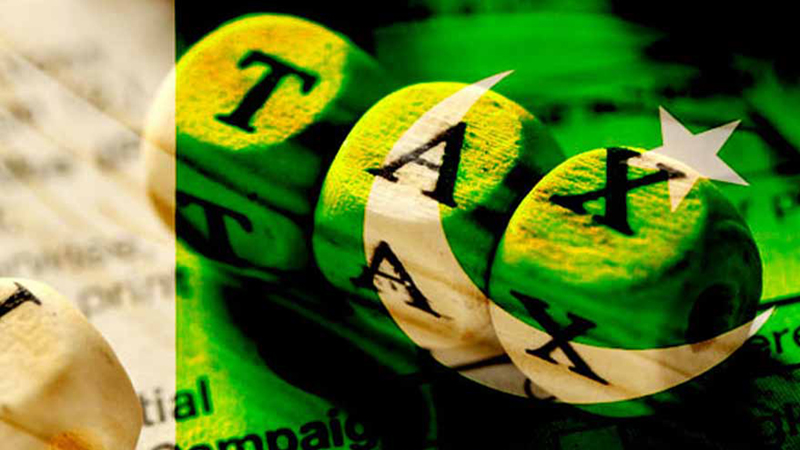The 2025 Tax Laws (Amendment) Ordinance has sparked heated debate across media, legal, and political circles. Critics argue it undermines taxpayer rights and constitutional norms, yet many of these claims stem from misinterpretation or vested interests rather than a grounded understanding of tax law or public policy.
Contrary to assertions of bypassing Parliament, the ordinance was issued under Article 89(1) of the Constitution—an established legal route when the legislature is not in session. Importantly, it introduces no new taxes. Instead, it strengthens enforcement mechanisms for tax assessments already upheld by superior courts, closing loopholes that have long allowed indefinite delays in recovery.
Critics also claim the ordinance limits the right to appeal. This is misleading. Taxpayers retain full access to the Supreme Court. The ordinance simply authorizes recovery after a high court ruling when no further stay is granted. Given the multiple layers of appeal already available—spanning at least three months before reaching the high court—this is neither abrupt nor unfair. It aligns with international practices, where enforcement after final adjudication is the norm, often requiring financial guarantees from taxpayers.
Concerns about coercive powers under Section 175C are also overstated. These provisions apply only to untaxed sectors and aim to formalize monitoring where it previously lacked clarity. Oversight mechanisms are being introduced to ensure transparency.
Claims that the ordinance will hurt investor confidence are unsubstantiated. Predictable enforcement based on judicial rulings enhances, not harms, economic trust.
The ordinance also introduces practical measures to tackle regional tax evasion, especially in the tobacco sector, by empowering provincial officers under strict oversight. This is a measured response to a long-standing enforcement vacuum in rural areas.
Ultimately, the ordinance seeks to restore tax enforcement integrity—not subvert it. Critics risk confusing reform with repression, and their narratives may do more harm than good to the country’s fiscal stability.
















